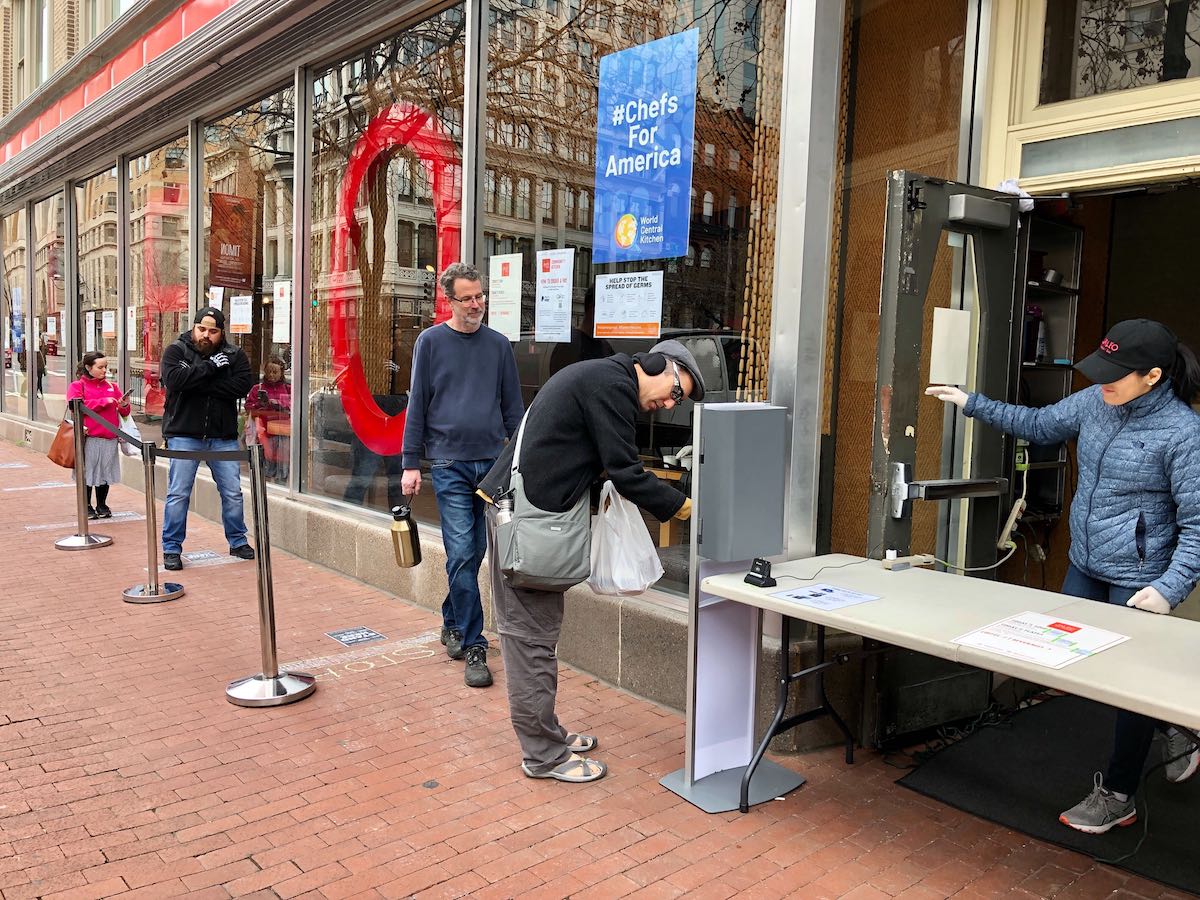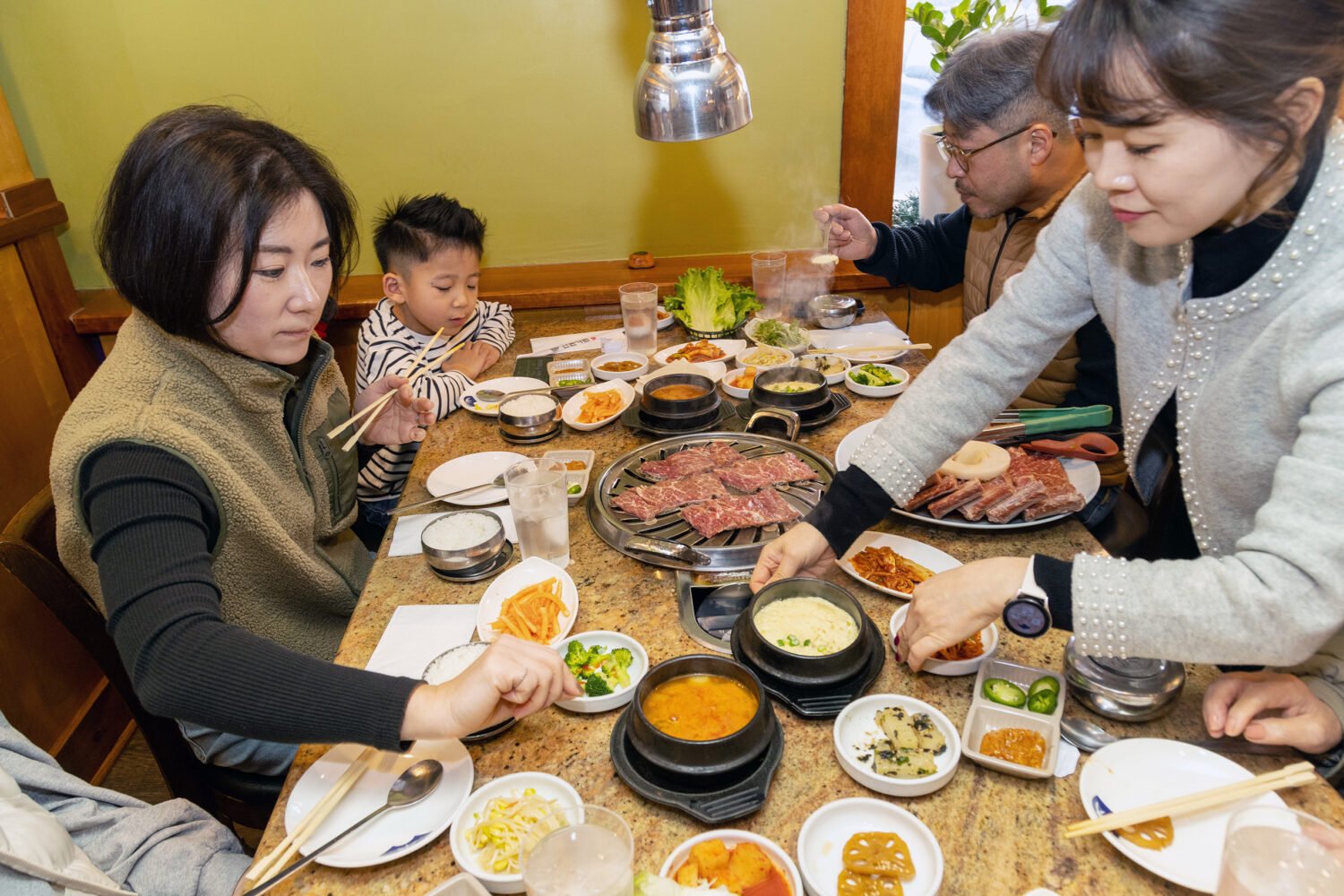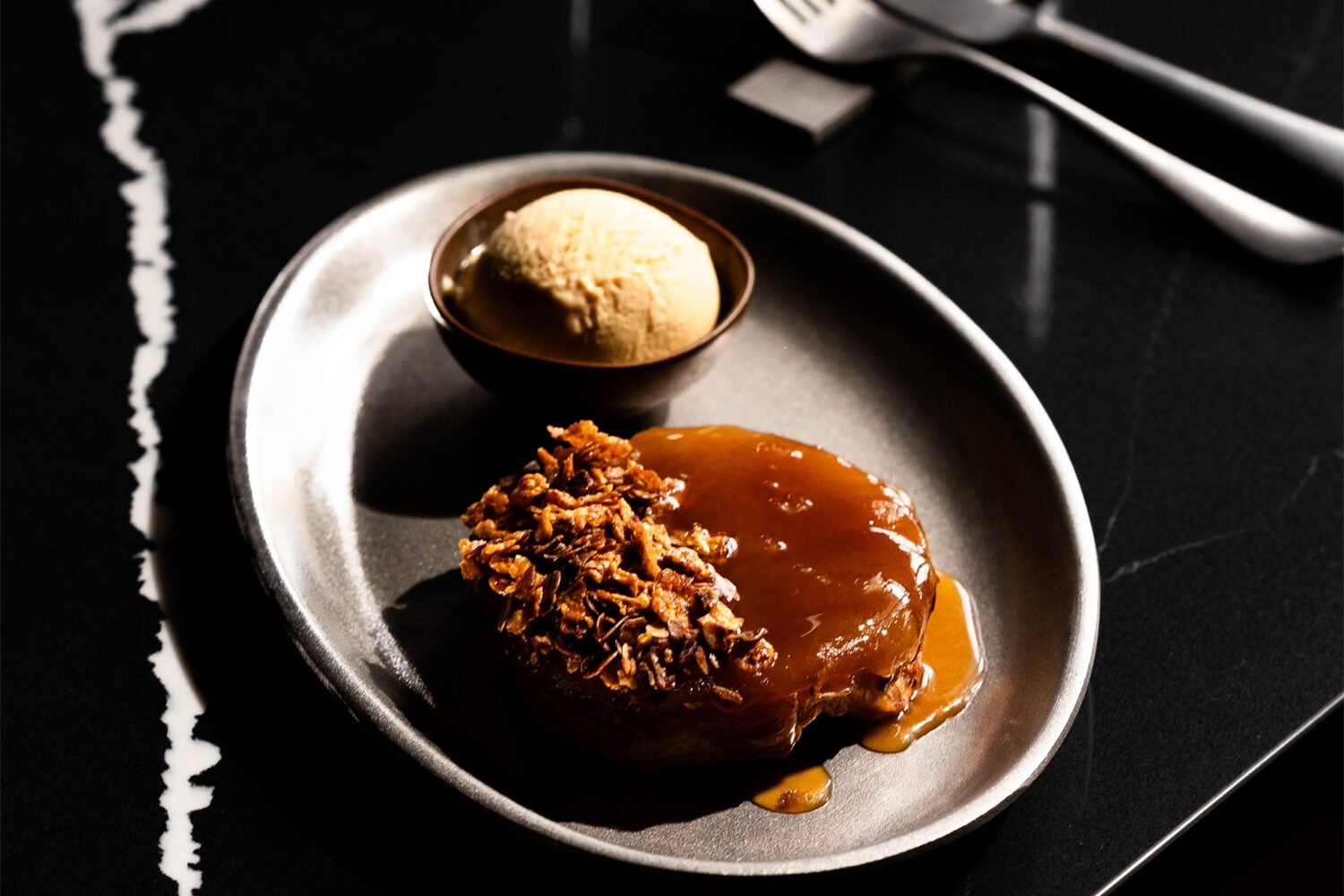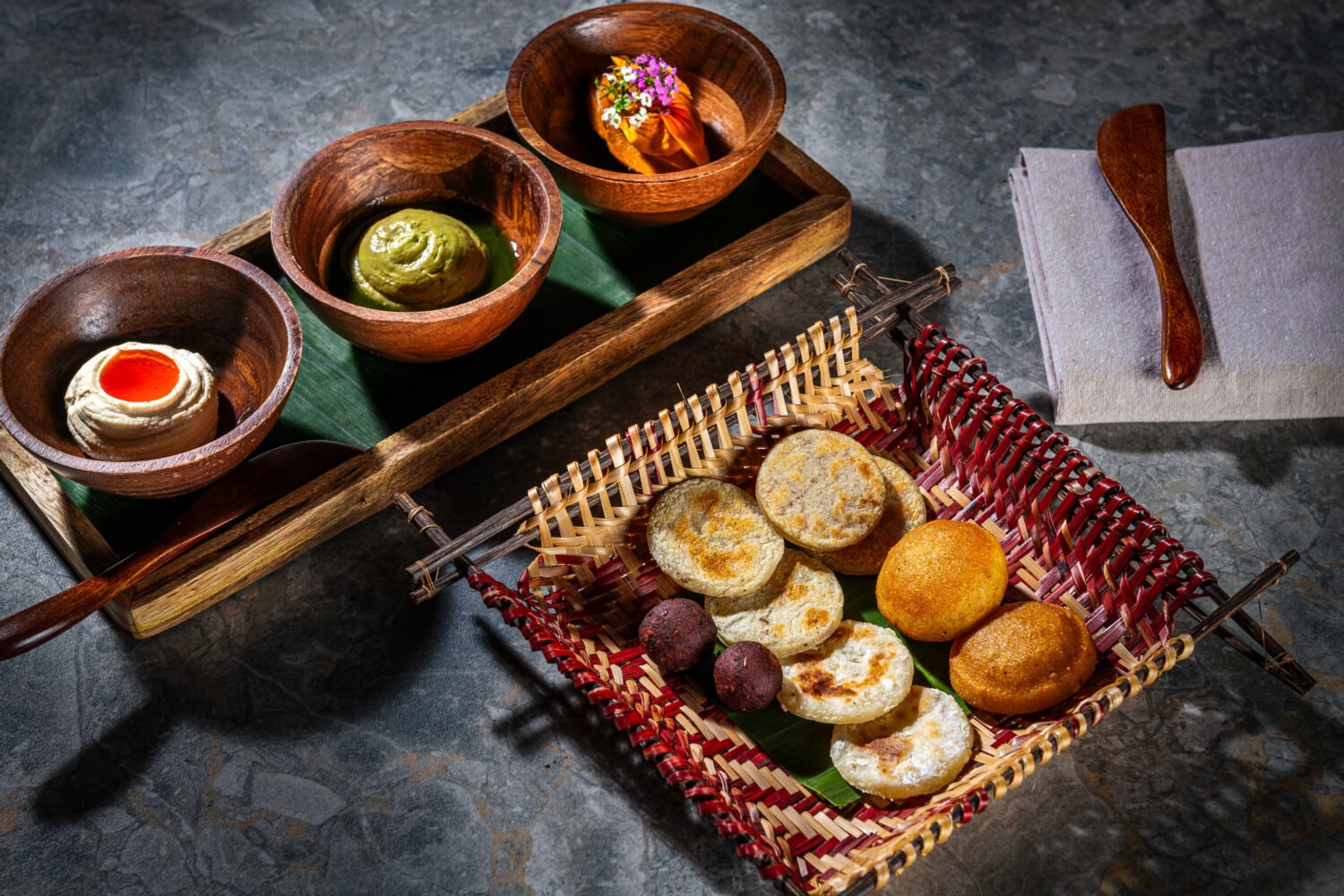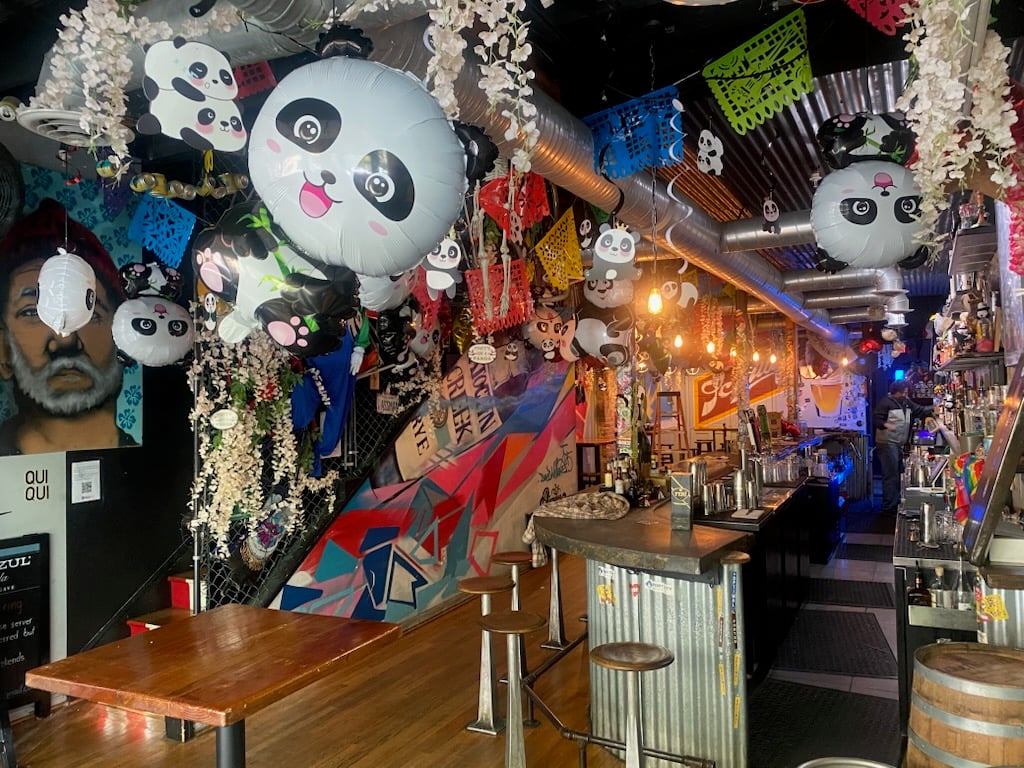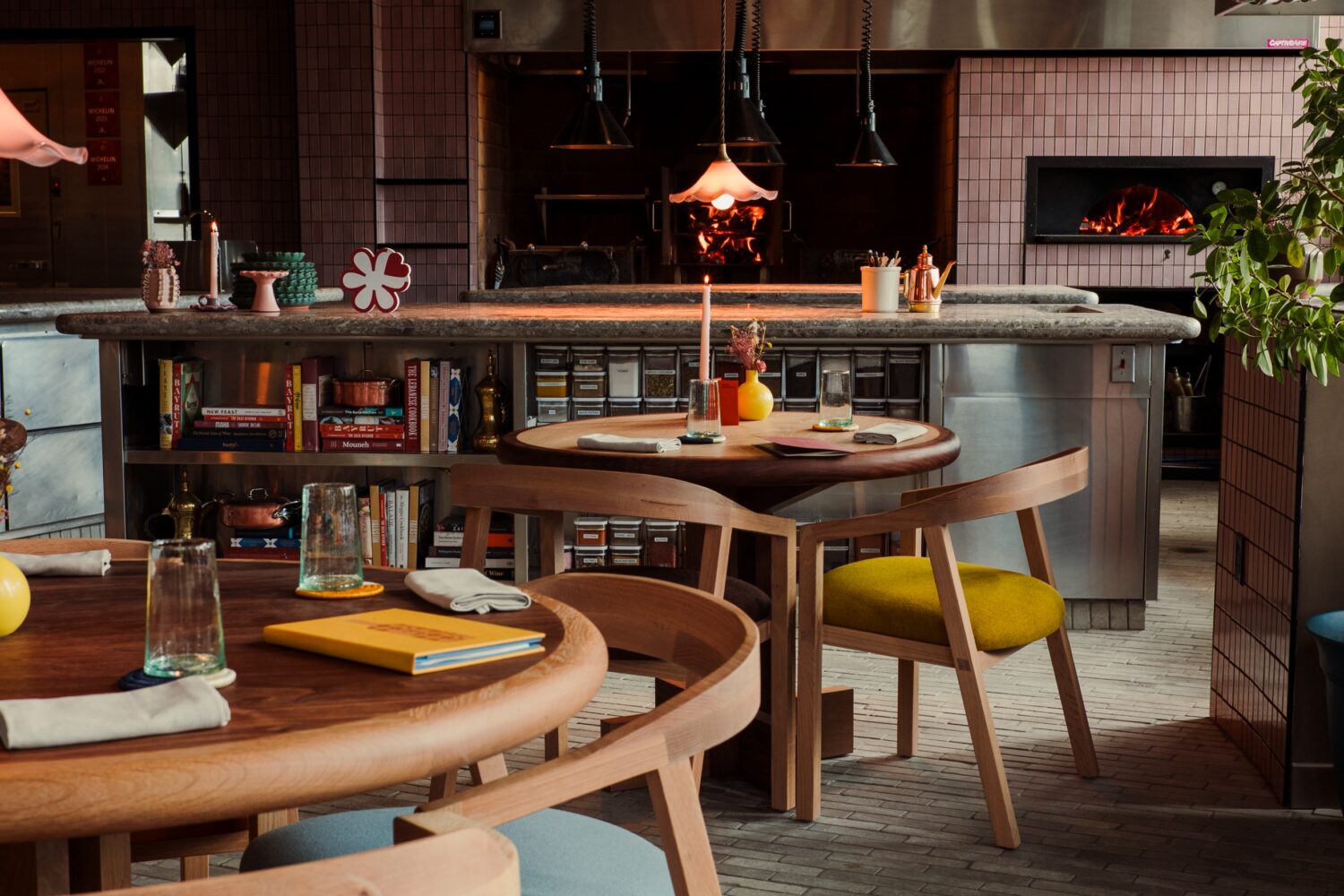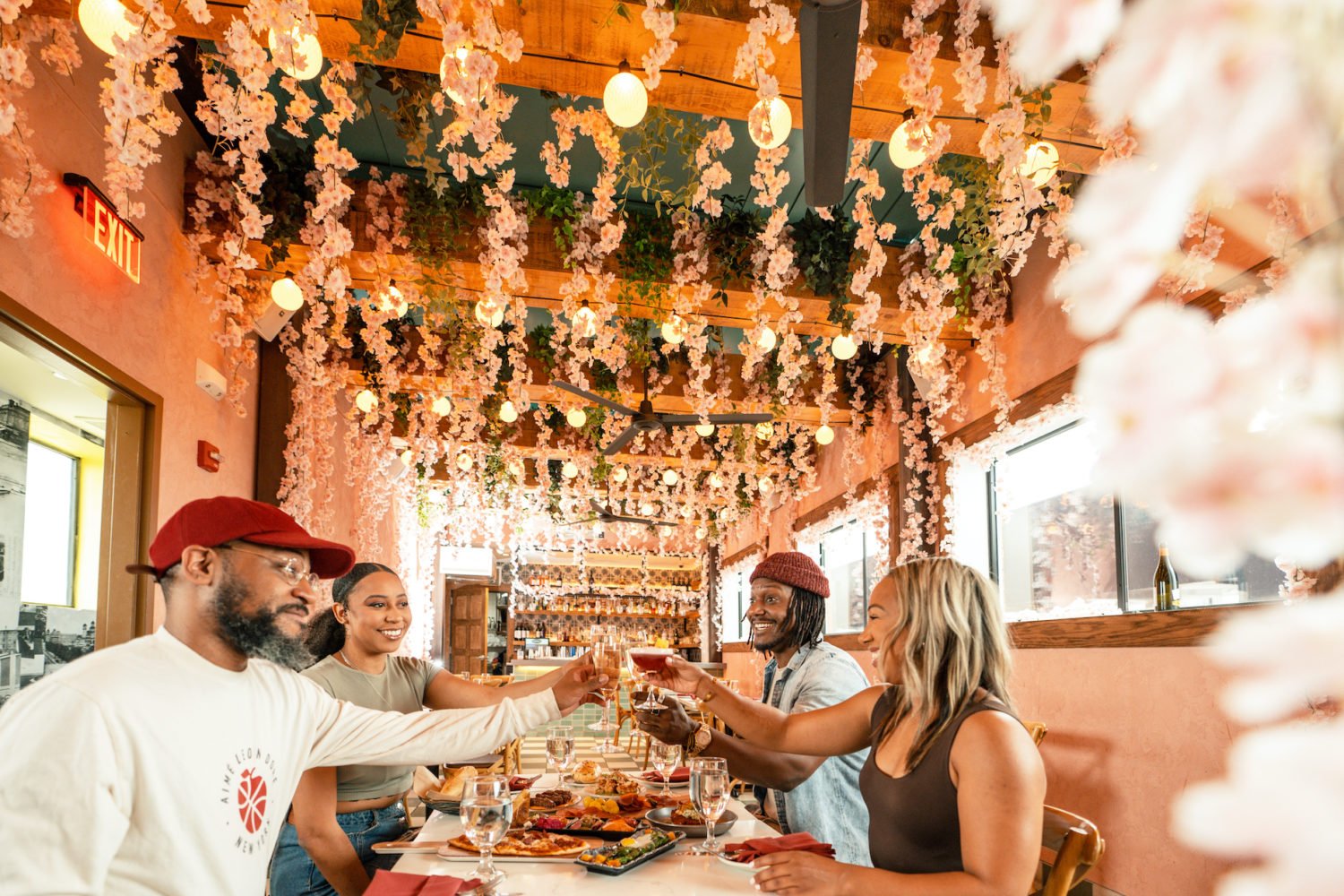Last summer, Arlington-based tech company GoTab was busy working with bars, breweries, and beer gardens using their mobile ordering and payment platform. The system was popular with big, busy bars like Dacha Navy Yard and Franklin Hall where patrons could scan a QR code with their cell phones (no app required) and then view a menu, order, and pay without having to flag down a server. Then Covid-19 hit, and requests for the contactless system began flooding in from across the country. CEO Tim McLaughlin says his small team fielded around 500 inquiries and counting, and they’ve brought on major hospitality operations like Farmers Restaurant Group and José Andrés’ ThinkFoodGroup.
“In the old world, one of the biggest problems that GoTab solved is ‘I want a beer and I don’t want to have to find a server,’” says McLaughlin. “Now everything changed overnight, and no one wants to touch credit cards or cash anymore.”
Andrés’s restaurants are using the contact-free technology at their DC-area “community kitchens” where customers can scan a code posted outside, order, pay, and then grab bags of food to-go. Farmers Restaurant Group has embraced the platform for in-person and online ordering, pickup, and delivery as their seven locations transform into hybrid restaurant-markets selling prepared meals, grocery items, and cleaning products.
GoTab just rolled out a separate to-go platform last week, which allows businesses to deliver with their own drivers instead of relying on costly third-party services like Caviar or GrubHub. McLaughlin also made the takeout and delivery technology free to restaurants and bars facing financial turmoil amid the health crisis (previously it cost $600 to sign on plus a 15 cent charge per order). Farmers Restaurant Group CEO Dan Simons, who had to lay off 1,000 employees when his restaurants closed for dine-in service, says he hopes to bring back some staff as drivers.
“The whole business model and pricing is incredibly attractive. He [McLaughlin] is providing a tool, whereas other [third party] companies that are our ‘partners’ jam their hands in our pockets. We also keep the customer data and intel,” says Simons.
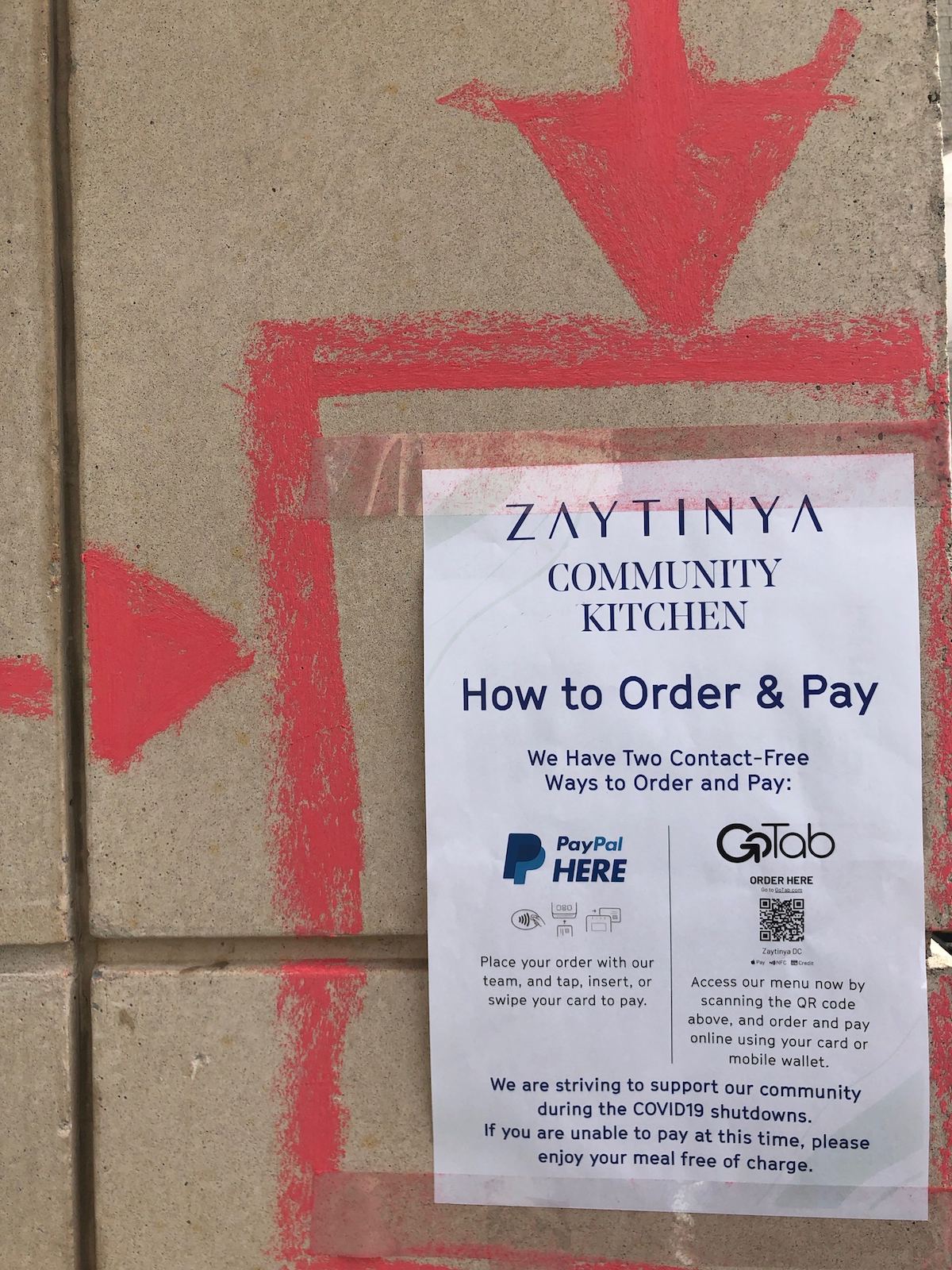
As is often the case when technology supplants a human task, feathers get ruffled. When GoTab launched a few years ago, McLaughlin says the company faced pushback from industry workers who were worried their jobs being replaced. As a result, the firm focused on “low service” venues like sports bars and breweries where the tech was supportive instead of disruptive.
“We don’t see GoTab replacing people where they add a lot of value,” says McLaughlin. “The new model allows customers to work with the best servers who can now spend more time with the customers explaining things. We never thought there was a reason to flag down a waiter to pay or get another round.”
In the meantime, while dining rooms and bars are still closed to customers, GoTab is homing in on more contactless delivery options and thinking about what restaurants will need in the future.
“What happens when the curtain goes back up and the play continues? How do people manage these restaurants with what I expect are big labor shortages?,” says McLaughlin. “Amazon says they’re going to hire 100,000 people and pay them more. You’re not going to get those people back. I think we can help keep restaurants in business because I think they’ll be understaffed.”

